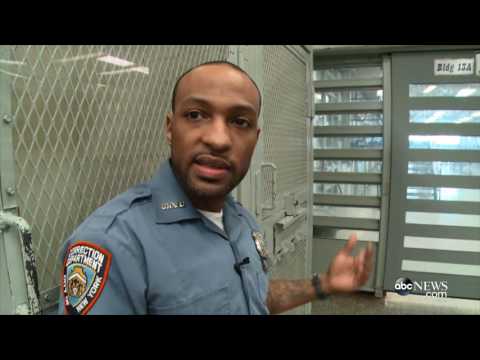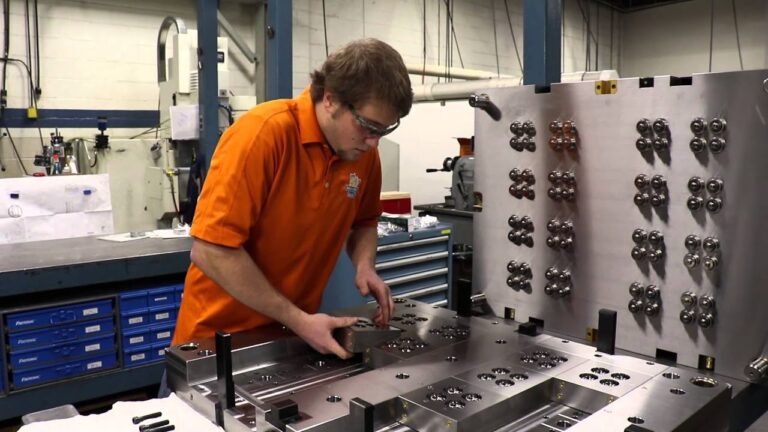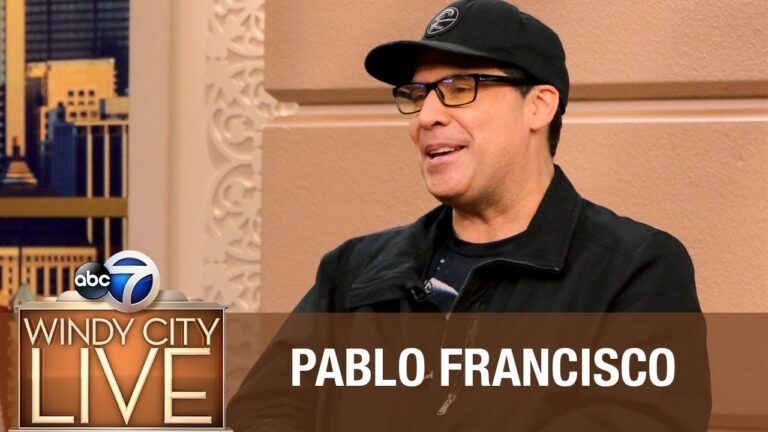Prison Officer Job: Duties & Salary

Prison Officer Job Description Template
Prison Officer Job Description Prison officers are responsible for maintaining security and order within correctional facilities. They play a crucial role in ensuring the safety of both staff members and inmates. The job requires a strong sense of discipline, excellent communication skills, and the ability to handle stressful situations. The primary duties of a prison officer include supervising inmates, enforcing rules and regulations, and preventing disturbances or escapes. They must monitor inmate behavior, conduct searches for contraband, and ensure that all activities within the facility are carried out in a controlled manner. In addition, prison officers are responsible for providing support and guidance to inmates, helping them to rehabilitate and reintegrate into society. One important aspect of the job is maintaining accurate records and documentation. Prison officers must keep detailed logs of activities, incidents, and inmate behavior. These records are crucial for maintaining a secure and well-functioning facility, as well as for legal purposes. Another vital aspect of being a prison officer is teamwork. Collaboration with colleagues is essential for effective communication and maintaining a safe environment. Prison officers often work in shifts and must coordinate with their team members to ensure smooth operations. In summary, prison officers play a vital role in the criminal justice system. They are responsible for maintaining security, enforcing rules, and ensuring the well-being of both staff and inmates. Their dedication and commitment are essential for the effective and safe operation of correctional facilities. Important Words: 1. Security: Ensuring the safety and protection of individuals and property within the correctional facility. 2. Rehabilitation: Assisting and guiding inmates in their efforts to change their behavior and reintegrate into society.Prison Officer Responsibilities
Prison Officer Requirements
How Much Does A Prison Officer Make?
Prison Officer Salary
| Rank | Annual Salary |
|---|---|
| Prison Officer | $40,000 – $60,000 |
| Senior Prison Officer | $60,000 – $80,000 |
| Principal Prison Officer | $80,000 – $100,000 |
| Assistant Chief Prison Officer | $100,000 – $120,000 |
| Chief Prison Officer | $120,000+ |
In the field of corrections, prison officers play a crucial role in maintaining order and security within correctional facilities. The salary of a prison officer varies depending on their rank and level of experience. The table above provides an overview of the annual salaries for different ranks within the prison officer profession. It is important to note that these salary ranges are approximate and can vary based on factors such as location and tenure. Overall, a career as a prison officer offers competitive salary opportunities and the chance to make a positive impact on society by promoting rehabilitation and safety within the criminal justice system.
Prison Officer Salaries by Country
Top Paying Countries for Prison Officer
| Country | Average Salary (in USD) |
|---|---|
| United States | $62,950 |
| Switzerland | $61,080 |
| Norway | $58,000 |
| Luxembourg | $55,240 |
| Germany | $51,350 |
Prison officers play a crucial role in maintaining security and order within correctional facilities. The salaries of these professionals vary across countries, with the highest paying countries being the United States, Switzerland, Norway, Luxembourg, and Germany. In the United States, prison officers earn an average salary of $62,950 per year, making it one of the most lucrative countries for this occupation. These salaries reflect the importance and demands of the job, as prison officers are responsible for ensuring the safety of inmates, maintaining discipline, and facilitating rehabilitation programs within the prison system.
A video on the topic Prison Officer
Video Source : ABC NewsInterview Questions for Prison Officer
1. What are the primary responsibilities of a Prison Officer?
A Prison Officer’s primary responsibilities include maintaining security within the prison, supervising inmates, enforcing rules and regulations, preventing escapes, conducting searches, and maintaining discipline.
2. How do you handle difficult or violent inmates?
When dealing with difficult or violent inmates, I follow established protocols and use appropriate communication and conflict resolution techniques. If necessary, I call for backup and use physical force only as a last resort to protect myself and others.
3. What steps do you take to prevent contraband from entering the prison?
To prevent contraband from entering the prison, I conduct thorough searches of inmates, visitors, and their belongings. I also monitor mail and packages, use surveillance equipment, and work closely with other staff members to gather intelligence and identify potential smuggling attempts.
4. How do you ensure the safety and well-being of inmates?
I ensure the safety and well-being of inmates by regularly conducting security checks, monitoring their activities, and promptly responding to any emergencies or incidents. I also provide necessary medical attention, mental health support, and access to rehabilitation programs.
5. How do you handle confidential information about inmates?
I understand the importance of confidentiality in my role as a Prison Officer. I strictly adhere to privacy policies and procedures, only sharing confidential information on a need-to-know basis with authorized personnel. I maintain professional ethics and respect the privacy rights of inmates.
6. How do you maintain control and order within the prison?
To maintain control and order within the prison, I establish clear rules and expectations, provide consistent enforcement, and address any rule violations promptly and appropriately. I also foster positive relationships with inmates through communication, respect, and fair treatment.
7. How do you handle conflicts or disputes between inmates?
When handling conflicts or disputes between inmates, I aim to de-escalate the situation by using effective communication and conflict resolution techniques. I encourage mediation, provide guidance, and ensure that all parties involved are treated fairly and impartially.
8. How do you handle emergencies or security breaches?
In case of emergencies or security breaches, I follow established emergency response protocols. I quickly assess the situation, notify the appropriate personnel, and take necessary actions to contain the situation, protect staff and inmates, and restore security.
9. How do you maintain your own safety as a Prison Officer?
I maintain my own safety by being vigilant, following security procedures and protocols, staying physically fit, and continuously updating my knowledge and skills. I use personal protective equipment when necessary and rely on teamwork and communication with fellow officers.
10. How do you handle stressful situations in the prison environment?
In the prison environment, I understand that stressful situations are common. I manage stress by practicing self-care techniques such as exercise, meditation, and seeking support from colleagues and supervisors. I also participate in regular training and professional development programs to enhance my coping skills.






